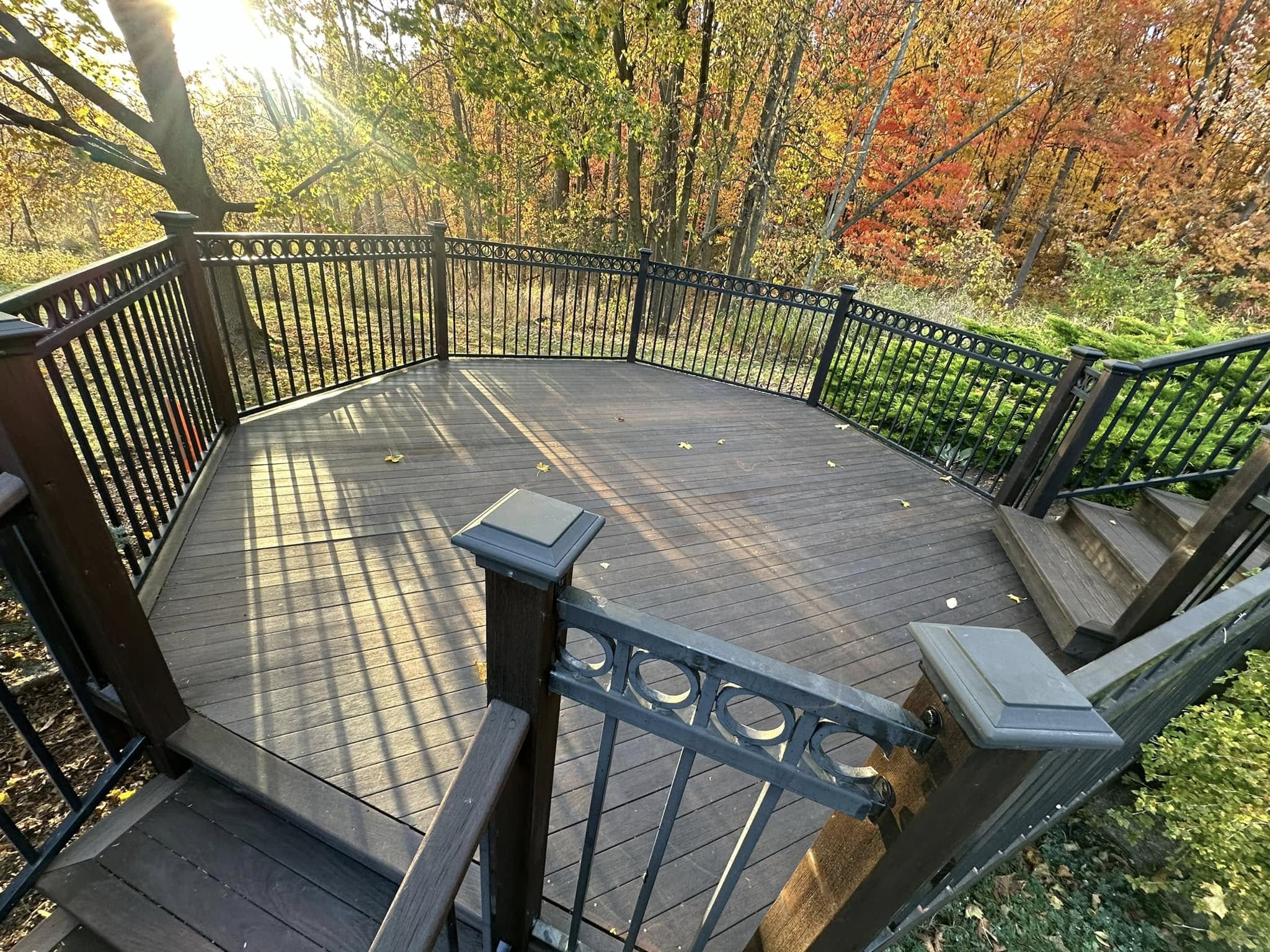
Sustainable Living: Eco-Friendly Home Renovation Tips by Giese's Aug 03, 2025
Start by selecting sustainable materials for your renovation. Opt for renewable resources such as bamboo or reclaimed wood, which offer both durability and aesthetic appeal. Using recycled materials, like glass tiles or metal fixtures, can add a unique touch to your home while reducing waste. These choices not only help the environment but also provide a distinctive charm to your living space.
Energy efficiency is another crucial component of eco-friendly home renovations. Invest in high-performance, energy-efficient appliances and lighting solutions. Switching to LED bulbs, for instance, can significantly reduce electricity consumption. Additionally, installing energy-efficient windows and doors can help maintain a stable indoor temperature, lessening the need for heating and cooling systems and thereby minimizing energy bills.
Water conservation plays a significant role in sustainable living. Incorporate low-flow fixtures such as faucets, showerheads, and toilets into your renovation plans. These fixtures can drastically reduce water consumption without sacrificing performance. Moreover, consider installing a rainwater harvesting system to gather rain for irrigation and other non-potable uses. This not only conserves water but also reduces your reliance on municipal water supply.
Insulation is key to creating a sustainable home. Proper insulation ensures your home remains cozy during the winter and cool during the summer, leading to lower energy usage. Choose eco-friendly insulation options, such as cellulose or sheep’s wool, which are free from harmful chemicals and offer excellent thermal performance.
When planning your renovation, aim for designs that maximize natural light. Skylights and larger windows can dramatically increase natural sunlight, reducing the need for artificial lighting during daylight hours. This approach not only saves energy but also enhances the ambiance and comfort of your living space.
Indoor air quality should be a priority in any eco-friendly renovation. Use low-VOC paints and finishes to minimize the emission of volatile organic compounds, which can be harmful to your health. Incorporating houseplants is also a natural way to enhance air quality, as they absorb toxins and release oxygen.
Finally, consider the future by integrating smart home technologies. Smart thermostats, lighting, and appliances can be programmed to operate only when needed, further reducing energy consumption. These technologies offer convenience and efficiency, aligning perfectly with the goals of sustainable living.
At Giese's Home Improvements, we are committed to providing our clients with innovative and sustainable renovation solutions. By following these tips, you can make your home not only more eco-friendly but also more comfortable and cost-effective. Embracing these green renovation practices not only benefits the environment but also ensures a healthier, more inviting living space for you and your family. Begin your journey toward sustainable living today and contact us for expert guidance on your next home improvement project.
/filters:no_upscale()/media/f6623290-3610-4c24-83be-2cf307f6c0fc.jpeg)
/filters:no_upscale()/filters:format(webp)/media/aca8e2d0-8b70-4fc5-af0a-045c3c7eee35.jpeg)